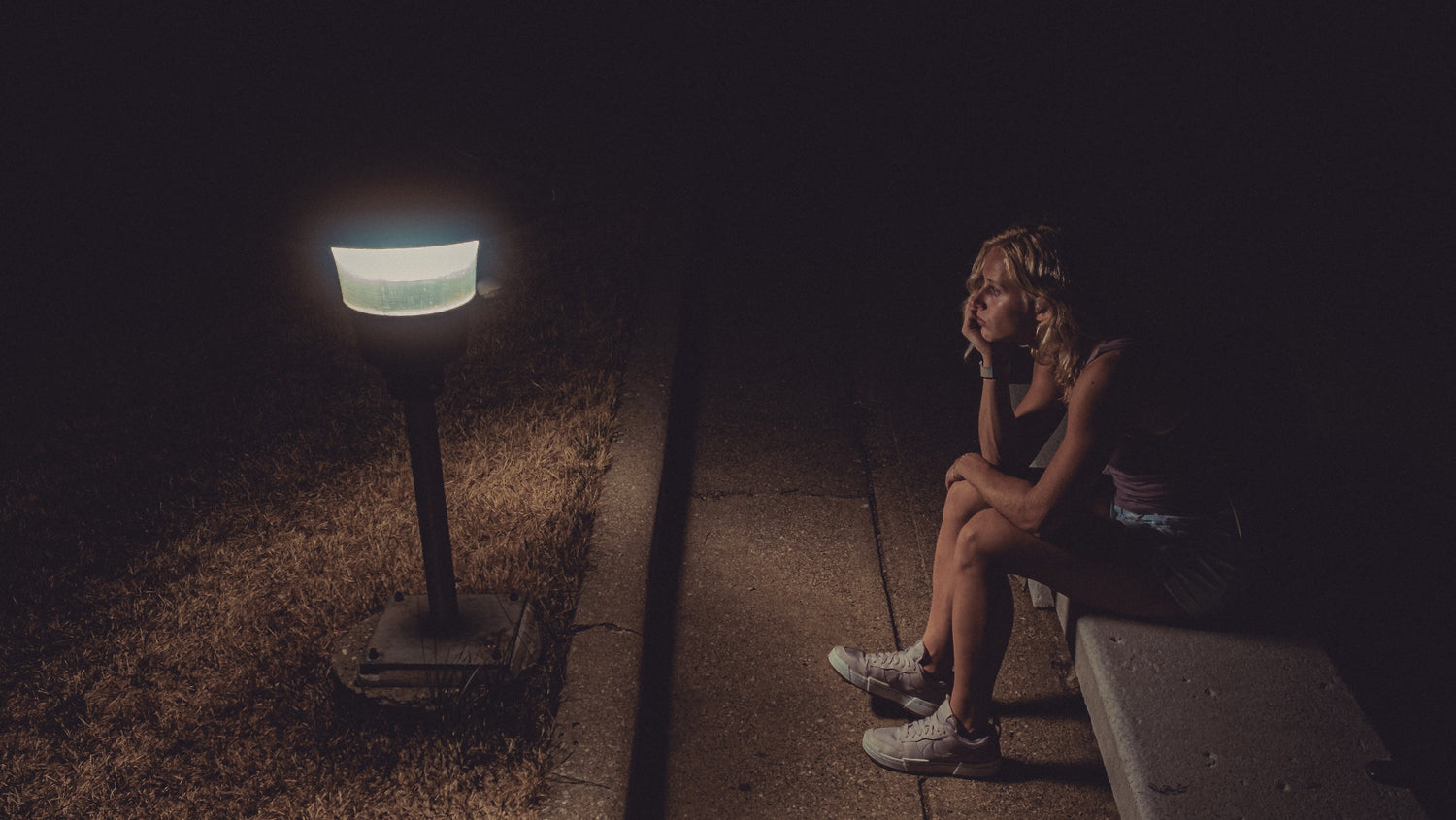Hey, it’s Chelsea—I’m the co-founder of Looni.
A version of this story appeared in Vogue in February— however I wanted to share a more personal version with our Looni community.
🏰 STORY
According to my pregnancy app, on August 13th, 2021, I was eight weeks and two days pregnant, and my baby was the size of a small kidney bean. Since my positive pregnancy test, I had been obsessively checking my two different pregnancy apps multiple times a day, with mixed feelings of excitement and anxiety. As someone who suffers from endometriosis and epilepsy, I am acutely aware of how the physical body can fail you when you least expect it. From the beginning, I was convinced that something would go wrong, although I had desperately wanted a baby for at least three years, so it was hard not to feel immensely overjoyed.
Throughout my pregnancy, I had been bleeding, lightly at first, but it had seemingly increased in the days leading up to my scheduled scan. From what I could gather online and through asking a close friend, this was often a normal symptom during the first trimester, but it could also be a sign of something more serious. Intuitively (and as someone who considers themselves somewhat spiritual, intuition counts for a lot), I felt like something wasn't right. So after some back and forth on August 13th (the day before my scan), my boyfriend marched me down to the emergency room to check that everything was okay. After much waiting, I finally got to see a doctor who checked my vitals, asked me a few questions, and told me there was no sonographer on duty. But as everything seemed fine, he advised me to go home, relax, and wait until my scan the following day. I asked him if I could be having something like an ectopic pregnancy, but he assured me that "we would know if that was the case as you'd be seriously unwell."
At 2 pm on August 14th, I looked down at my belly as the sonographer began to apply a thick layer of jelly to it. I eagerly watched the screen, waiting to see a glimmer of my baby's heartbeat and a glimpse of its little life.
After what felt like a lifetime of desperately staring at the sonographer’s eyes, she paused and finally said
“I’m afraid this is an ectopic pregnancy”.
The doctor showed me the heartbeat on the screen and said, "Here is the heartbeat, but we need to get you to the hospital ASAP. If this ruptures, it can be fatal." My heart sank as she continued, "This is not about saving your baby's life; it's about saving your life." Within two hours, I was rushed into emergency surgery to have my entire right fallopian tube removed. I stayed in the hospital for a couple of days post-surgery and was offered a burial or cremation for the fetus with the other lost babies. I chose the latter.
It took some time to recover emotionally and physically from the surgery. There was pain, and I saw more blood leave my body than I ever had before. I was advised to give my body some time to heal. I waited for two menstrual cycles before trying to conceive again.
I’d never imagined I’d be that girl who was so desperate for a baby, but there I was tracking my ovulation every day, praying that I’d find myself pregnant again soon.
And just like that, there I was on December 23rd bursting with joy as I clutched yet another positive pregnancy test, dumbfounded that it had happened so quickly, especially given that I not only had endo, but also now only one fallopian tube . . .
[end of Part One]
🩺 SCIENCE AND SPIRIT 👁️
🧑⚕️ from Looni’s medical adviser, Dr Stephanie Colantonio
Pregnancy loss is a common but often unspoken experience. For those who know they are pregnant, miscarriage occurs in about 15% of conceptions, with significant variation based on age. However, this percentage is likely higher since we don't know how many unknown pregnancies end in early miscarriage. Studies estimate that only one-third of conceptions result in a live birth.
An ectopic pregnancy occurs when an embryo implants outside of the uterus, typically in the oviduct (also known as the fallopian tube) and less commonly in other parts of the pelvic cavity. It is rarer than a miscarriage, occurring in only about 1.6% of conceptions. Ectopic pregnancies cannot survive and are usually reabsorbed by the body. However, if left untreated, they can be dangerous and even deadly for the parent as the embryo continues to grow.
🔮 SOOTHE
🌱 During pregnancy loss, a warm herbal infusion of rose or linden flower can be very healing to the heart. Herbs like red raspberry or hibiscus can also support the womb. Consider sipping on a tea and using a hot water bottle to calm any cramping or pain.
Until next time,
Chelsea and Tatiana x
Co-founders
📚 SOURCES
1 Nybo Andersen AM, Wohlfahrt J, Christens P, Olsen J, Melbye M: Maternal age and fetal loss: population based register linkage study. BMJ. 2000, 320: 1708-1712.
2 Wang X, Chen C, Wang L, Chen D, Guang W, French J: Conception, early pregnancy loss, and time to clinical pregnancy: a population-based prospective study. Fertil Steril. 2003, 79: 577-584.
3 Zinaman MJ, Clegg ED, Brown CC, O’Connor J, Selevan SG: Estimates of human fertility and pregnancy loss. Fertil Steril. 1996, 65: 503-509.

